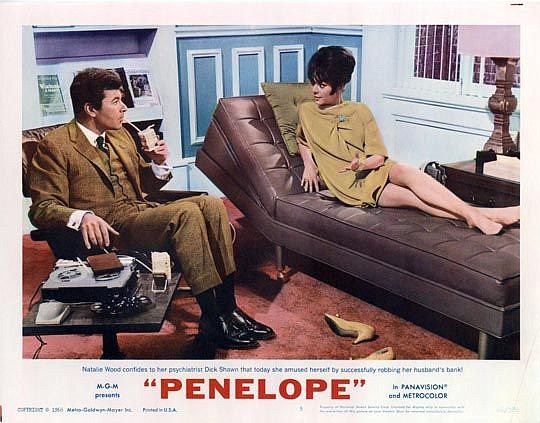
Have you ever wondered what life was like in Jacksonville half a century ago? It was a different era of history, culture and politics but there are often parallels between the kind of stories that made headlines then and today. As interesting as the differences may be, so are the similarities. These are some of the top stories from this week in 1967. The items were compiled from the Jacksonville Public Library’s periodical archives by Staff Writer Max Marbut.
Vaudeville comedian Jimmie Edmondson, nationally known as “Professor Backwards,” reported that his Southside home at 3825 Harbor Drive was broken into and more than $2,000 was taken from a safe.
He said the money, including a coin collection he said was worth about $300 and what he called “business papers,” were missing from the safe in his bedroom closet.
Edmondson was at his summer home near Palatka during the burglary and said the theft was his second bit of bad luck in a week.
He had been scheduled to receive a $5,000 fee for his 25th appearance on The Ed Sullivan Show, but his trip to New York City was canceled by a television production strike.
Edmondson’s act was writing upside down and backward and pronouncing words backward. In addition to Sullivan’s show, he was a regular on “The Tonight Show,” “The Merv Griffin Show,” “The Dean Martin Show” and “The Mike Douglas Show.”
Playgrounds get a boost; rhinos on way to zoo
Playgrounds, a pension fund, white rhinos and grazing cattle were on the City Commission’s agenda this week in 1967.
The commission voted to release $90,000 from the utilities tax for capital improvements at six playgrounds, with more money for other sites to come later.
The playgrounds were Lackawanna, Murray Hill, Boone Park, St. Nicholas, Ortega and Westside.
The advisory committee for the 1937 Employees’ Pension Fund told the commission an outside audit of the fund would be completed in about two weeks.
The fund’s net increase in 1966 over 1965 was $1.3 million and the balance at the end of 1966 was 4.48 times the amount of benefits paid during the year.
Commissioner George Carrison said two white rhinoceroses purchased for the Jacksonville Zoo would arrive in Mobile, Ala., within the week and would be ready for transport to Jacksonville.
He obtained approval for zoo consultant Raymond Gray to go to Mobile to “see if they are in good voice and so forth” and for other zoo employees to bring the animals to their new home in a city truck.
Cattle from the city’s agricultural farm would be permitted to graze on some of the property at the new Jacksonville International Airport, but they would have to be moved by the time the airport was scheduled to open in 1968 and the price would be higher than first thought.
A committee that discussed the idea with the Federal Aviation Agency said a $100 a year grazing fee was too small and recommended $4 an acre for the 150 acres, $600 a year.
The commission agreed to the fee and directed that the cattle be off the land before airplanes began arriving to prevent stray cattle on the runways.
More happenings
• Carrison also made news when he told the Meninak Club of Jacksonville the $11,500 annual salary paid to elected department heads in city government was too low to attract and retain effective leaders.
“The framers of the city’s charter thought it should be a part-time job for the official. Instead, it is a full-time job and it should pay three or four times what it does in order to interest the right individual. To get the people you want, you have to be willing to pay more,” he said.
• Federal quarantine officials said they averted a possible invasion by Khapra beetles, an insect that could severely damage the nation’s grain production.
Two holds of the motor vessel Audacity, which arrived in Jacksonville from Panama, were fumigated after its cargo was held up by quarantine law.
Charles Hall, inspector in charge of the Plant Quarantine Division of the U.S. Agriculture Department, said the insects were found during a routine inspection.